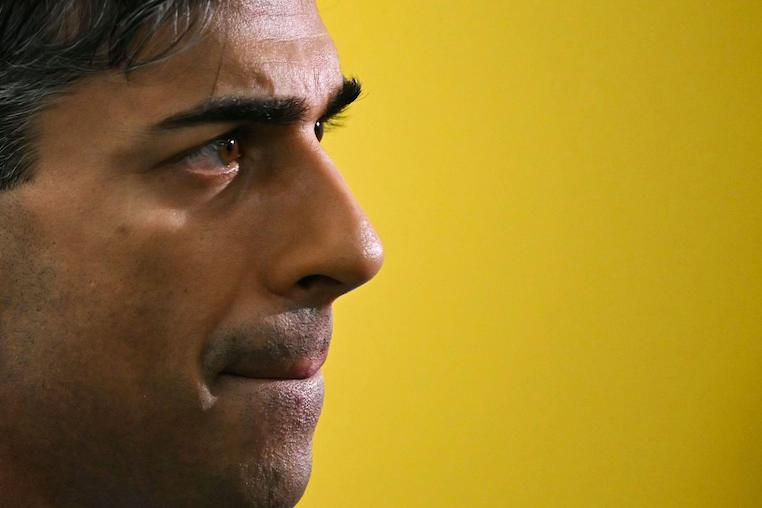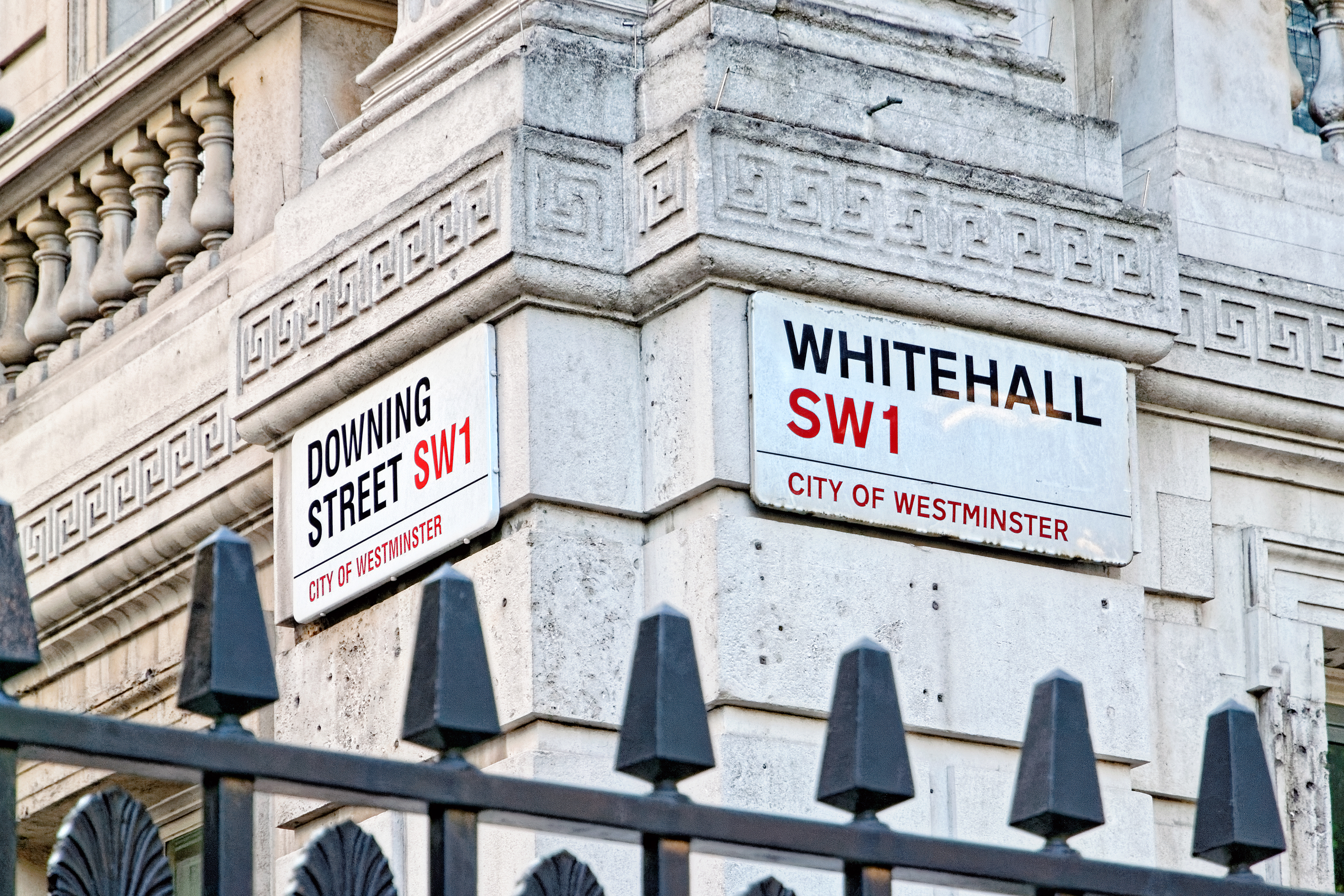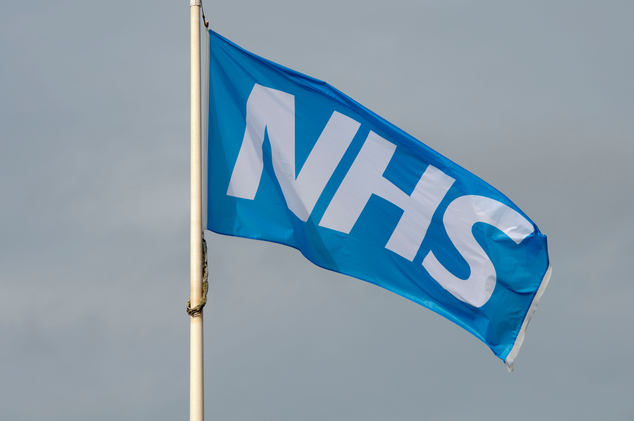What is the Crown Prosecution Service?
The Crown Prosecution Service (CPS) is an independent judicial agency responsible for the preparation and presentation of criminal prosecutions in the UK.
In its role as the public prosecutor, the Crown Prosecution Service works closely with the courts, the police and other agencies in the criminal justice system. This includes advising the police on potential prosecutions and assuming control of prosecutions initiated by the police.
The Crown Prosecution Service is headed by the Director of Public Prosecutions (DPP). The DPP is appointed by the Attorney General, who is accountable to Parliament for the work of the CPS.
The Extradition Act 2003 tasks the CPS with representing foreign states in extradition proceedings, normally heard at Westminster Magistrates’ Court. While it acts on the foreign prosecutor’s instructions, the CPS retains a discretion on how the case should be prosecuted.


Her Majesty’s Crown Prosecution Service Inspectorate (HMCPSI) – an independent organisation – is responsible for inspecting, assessing and reporting on the operations of the CPS.
Organisation
In 2020 to 2021, the Crown Prosecution Service had expenditure of £569 million, and employed 5,707 staff.
The current Director of Public Prosecutions in England and Wales is Max Hill QC. Mr Hill was appointed in November 2018.
Pros and Cons of the Crown Prosecution Service
Since the inception of the CPS, it has been beset by funding problems and criticisms that it is centralised, bureaucratic, ineffective and too close to the police.
Failure to prosecute crime
Critics of the CPS point to the fact that despite the level of crime rising, the level of prosecutions being brought by the CPS has been falling.
In the year ending March 2019, 5.3 million crimes were recorded by police in England and Wales, compared with 3.9 million in 2011/12. The figures are not directly comparable over time, as recording practices change, although there has evidently been a rise in recorded crime. Nonetheless, over the same period, the number of prosecutions brought by the Crown Prosecution Service (CPS) fell by 46%.
It has been suggested that the reduction in prosecutions is a function of a drop in referrals by the police. But for critics of the crown prosecutor, the figures are indicative of a system that is not working effectively to prosecute crime.
This criticism has been strongest in relation to many a rape case. Max Hill the Director of Public Prosecutions has said, “The whole criminal justice system is not where it should be on the prosecution of rape”.
Failure to prosecute Jimmy Saville.
The Crown Prosecution was previously criticised for its failure to prosecute the TV entertainer Jimmy Saville with a criminal case for sexual abuse back in 2009. This failure has been attributed to a variety of factors including threats by Saville and a failure of complainants to offer up sufficient evidence.
This occurred during the time that the current Labour leader, Sir Keir Starmer was the Director of Public Prosecutions. Sir Keir Starmer was not directly involved in the case.
Nonetheless in 2013 following a report by Alison Levitt QC, Sir Keir issued a statement that said, “I would like to take the opportunity to apologise for the shortcomings in the part played by the CPS in these cases. But I also want to go further. If this report and my apology are to serve their full purpose, then this must be seen as a watershed moment.”
Lack of effectiveness
There have previously been concerns that a number of high profile cases have collapsed in court because of a failure by prosecutors at the CPS to disclose key evidence as required to the defence. The 2018 House of Commons Justice Committee described this as a ”symptomatic of a criminal justice system under significant strain”.
Although the CPS claims to be “demand led” in its funding, with its services fluctuating with the number of cases put in front of it, critics such as the FDA Union have pointed to significant reductions in the size of the CPS. For example, in 2018/19, there were 5,684 full-time equivalent CPS staff in post compared with 8,094 in 2010/11.
Lack of independence from the police
The most serious allegation against the CPS is that it has failed to fulfil its function as an independent body from the police, and has acquired a predisposition to prosecute.
This perceived lack of independence in some quarters has resulted from a variety of factors, but is mainly attributed to a lack of resources to investigate police files and a reliance on police ‘gatekeepers’ for information. This has led to criticisms that the CPS is merely facilitating the fulfilment of the police service’s agenda, which is what the CPS was established to prevent.
Critics suggest that the accusatorial and inquisitorial roles of the CPS are incompatible, giving the CPS an anomalous position of working for the police, at the same time as having to work on them.
Formation of the CPS
The CPS was established under the Prosecution of Offences Act 1985, following the findings of the Royal Commission on Criminal Procedure, chaired by Sir Cyril Philips, which were published in 1981.
The CPS was established in part to provide a counterbalance to increased police powers under the Police Powers and Criminal Evidence Act 1984 and brought England and Wales in line with Scotland (which has an independent procurator fiscal) in having an independent prosecution service.
The 1985 Act itself followed a series of reports in the late 1970s and early 1980s recommending that the functions of investigating crime and prosecuting crime be kept separate. A Code for Crown Prosecutors, under the Act, stipulates that decisions taken by the CPS must be “fair and consistent”, based on a two tier test of evidential sufficiency and public policy.
A revised Code for Crown prosecutors was published in 2000 to satisfy the requirements of the Human Rights Act 1998.
Following the recommendations of the Glidewell Report in 1998, the CPS was re-organised from 13 to 42 areas, to mirror the structure of the police service. This position was reversed again in light of the 2010 Spending Review.
In January 2010 the CPS was merged with the Revenue and Customs Prosecutions Office (RCPO) to create a new public prosecutions service.
Quotes
“Many ‘volume’ crimes, including robbery, theft from the person, and vehicle related theft, are now increasing at an alarmingly steep rate, after a long period of decline. While recorded crimes have risen by 32% in the last three years, the number of charges or summons has decreased by 26% and the number of arrests is also down. The wider Crime Survey also found recent steep increases in robbery and theft. If these trends continue, the service risks both a serious decrease in public safety and in
confidence in the police and the CPS” – Commons Home Affairs Select Committee, October 2018
“The prosecution service is strong; focused and capable of excellent standards of delivery. It is time now to build on that secure platform and to embed the public prosecution service at the heart of delivering criminal justice in the 21st century.” – Keir Starmer, Director of Public Prosecutions, 2008 to 2013.










